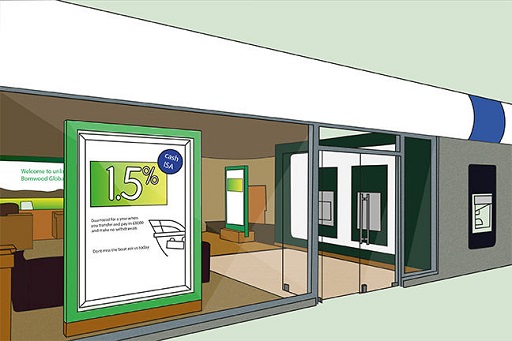7 Why a savings account?
One reason for having both a savings account and a bank account is that you can separate your finances into distinct categories.
A savings account should be used to plan for the future – perhaps the not too distant future. It enables you to build up money for major purchases like holidays or for life-changing events like leaving home.
By contrast, your bank account deals with routine, week-to-week cash management.
Another reason for a savings account is that it can pay higher interest than a bank account.
A major player in the savings market is the ISA (individual savings account). The big feature of these accounts is that interest is not subject to tax, unlike other types of savings account. (More on taxation of savings later in this session.) With ISAs all savers always get the full (or gross) amount of interest. In the past people were only allowed to save fairly small amounts each year in ISAs but in recent years, to encourage saving, the annual limit of investments has been raised substantially. For the 2023/24 tax year, the annual limit was £20,000. For so-called ‘cash ISAs’ the interest rate paid can be fixed rate or variable rate: you can choose the type that’s best for you.
There are two special savings accounts that could be of interest to you.
- Lifetime ISAs, called LISAs: these can be opened by anyone aged 18–40 years. LISAs allow tax-free savings of up to £4000 per annum, with the government topping up balances by providing a bonus of £1 for every £4 saved. LISAs (which once opened can be built up only until the age of 50) are intended to help people save for their first property purchase or to help provide income in retirement. Note that you lose the bonuses and pay a charge if you withdraw the money before using it for property purchase or retirement income.
- Help to Save: this is a savings scheme for people who are working but on low incomes. Those eligible can save £50 per month for up to 4 years and get a 50% top-up (up to a maximum of £1200) from the government.

